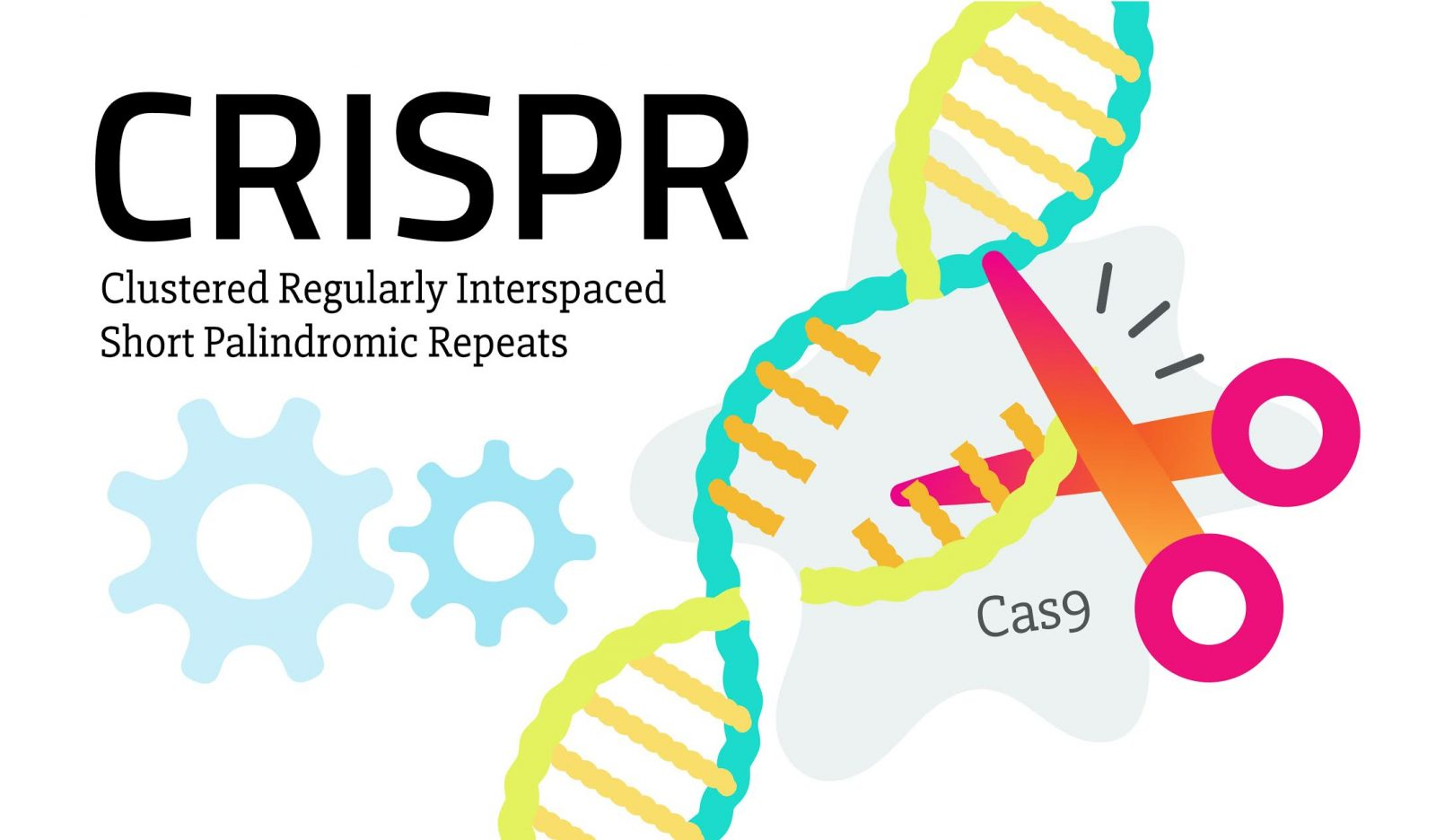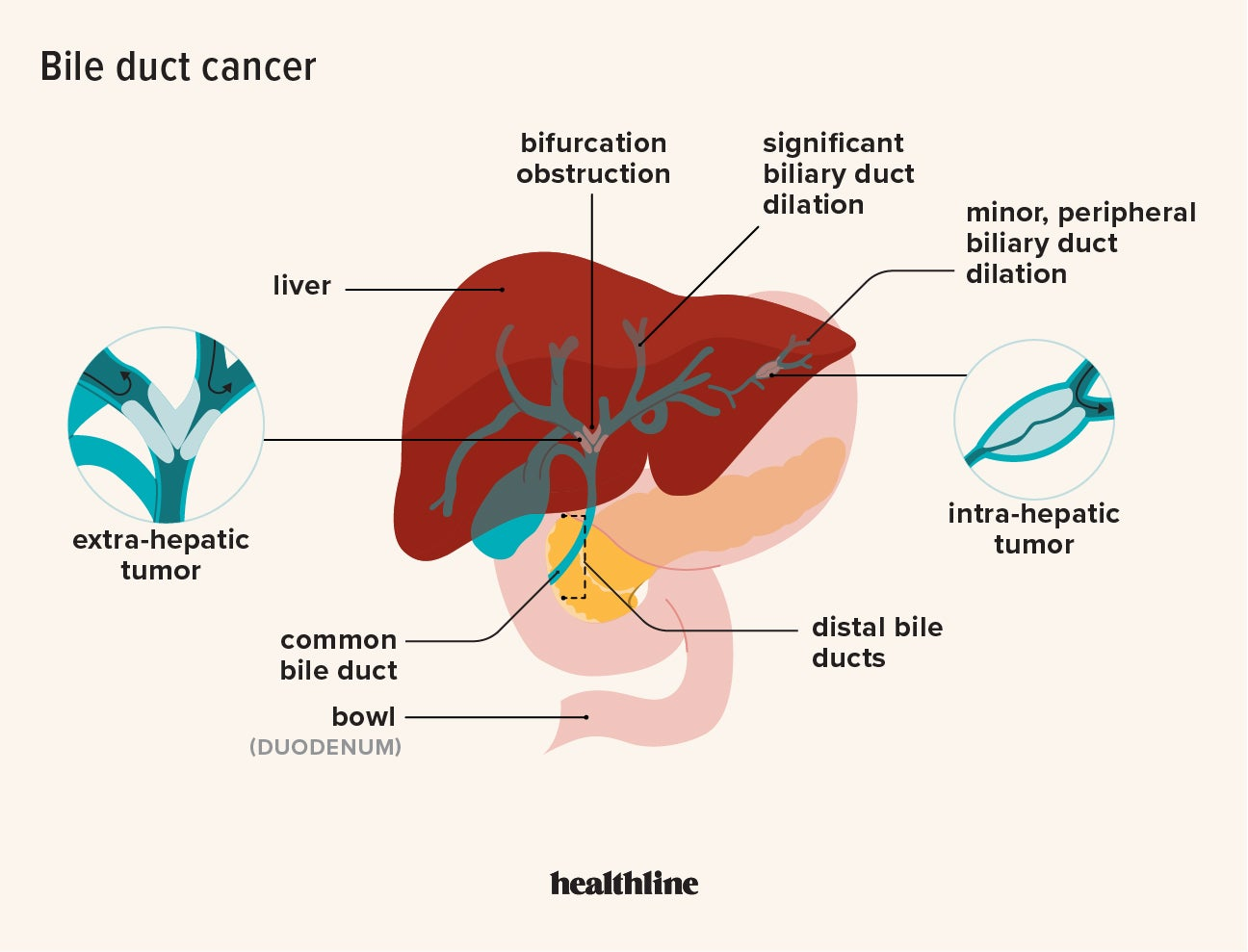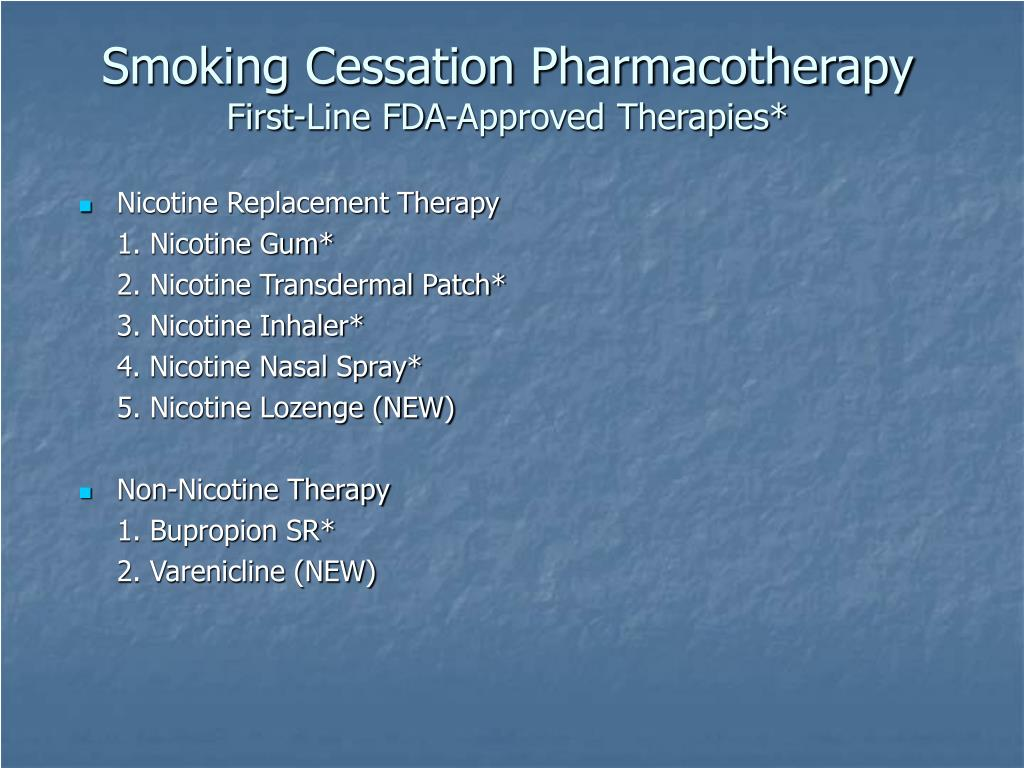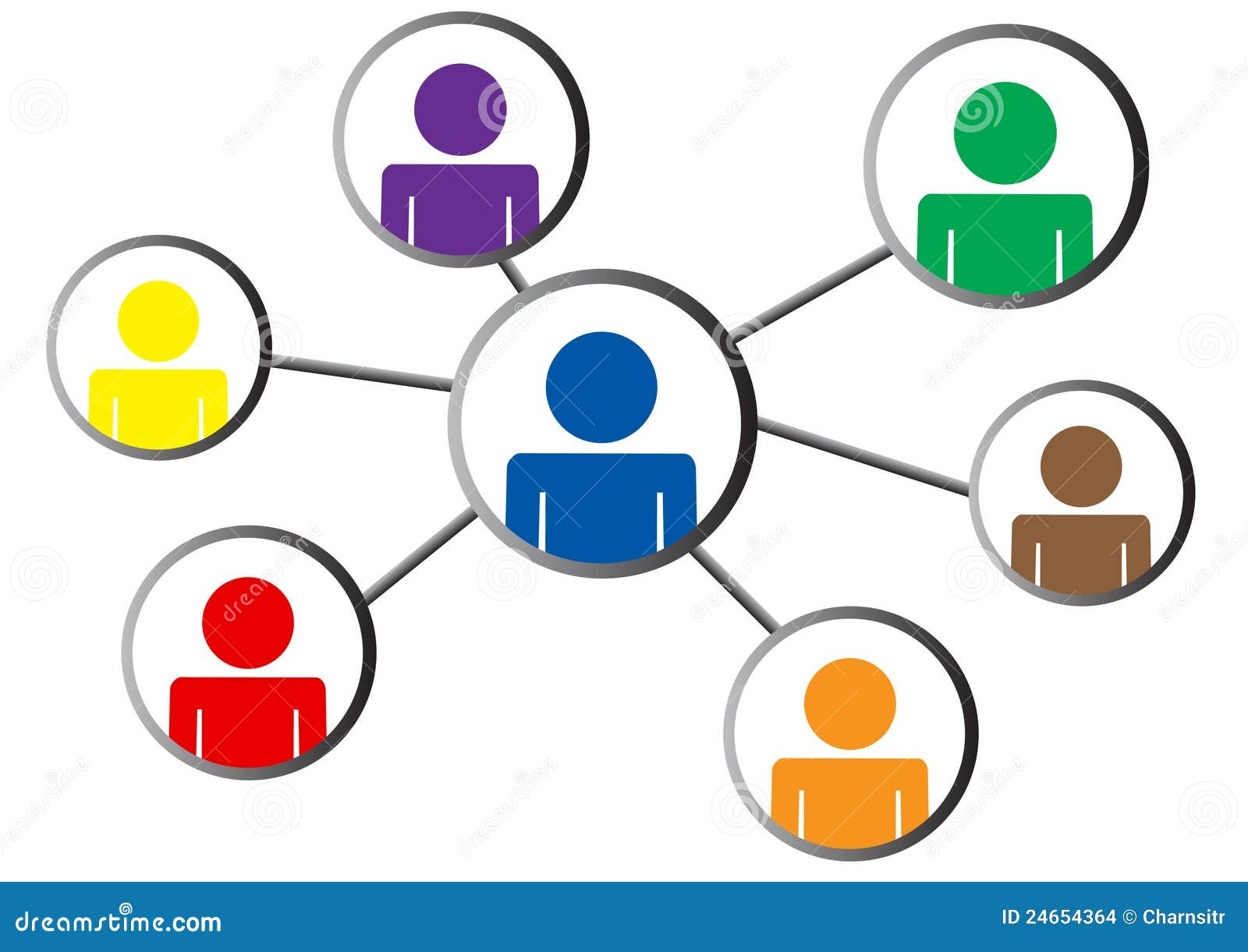The ethics surrounding CRISPR technology and gene editing have ignited significant debate among scientists, ethicists, and the public alike. As researchers unveil the potential of genetic modification to cure diseases like sickle cell anemia, they are also confronted by challenging moral dilemmas that demand scrutiny. Are we venturing into dangerous territory by altering genetic codes that define what it means to be human? Discussions about health equity arise, questioning whether access to such groundbreaking treatments will be equitable or if they will deepen existing disparities. With the promise of CRISPR to alleviate suffering comes an urgent need to navigate the complex ethical landscape it presents.
When discussing the implications of genetic alteration, terms such as gene manipulation, genome editing, and germline modification frequently surface. As society stands on the verge of a scientific revolution, the intersection of innovation and ethics compels us to ask critical questions about our responsibilities and decision-making processes. The emergence of advanced technologies, particularly those aimed at curing genetic conditions, raises concerns about health justice and equitable access to these innovations. With ongoing advancements in CRISPR’s capabilities, the conversation shifts towards the implications of such modifications on our understanding of human diversity and the potential consequences of playing “God” with our genes. Ultimately, exploring the ethics of these transformative tools invites a broader discussion about humanity’s role in shaping our own future.
Understanding CRISPR Technology and Its Applications
CRISPR technology represents a revolutionary advancement in the field of gene editing. It enables scientists to modify DNA with a precision that was previously unimaginable. Through techniques like CRISPR-Cas9, researchers can specifically target and alter genes, paving the way for potential cures for genetic disorders. For instance, diseases like sickle cell anemia, which affects thousands, can now be tackled head-on with treatments that edit the genes responsible for these conditions. This shift from traditional treatment methods to direct genetic modification opens up a new frontier in medicine, offering hope for effective cures.
However, the applications of CRISPR technology extend beyond just curing diseases. Scientists are also exploring its potential uses in agriculture, where genetic modifications can lead to more resilient crops that withstand climate change and pests. This dual capability of CRISPR highlights its transformative role in both health and environmental sustainability, making the discussion around its ethics even more crucial as we weigh the benefits against potential risks.
Frequently Asked Questions
What are the main ethical considerations surrounding CRISPR technology?
The ethical considerations surrounding CRISPR technology include potential misuse for non-therapeutic genetic modifications, decision-making authority in gene editing for future generations, the implications of altering human traits, and concerns about access and health equity. These aspects raise important questions about who should have the authority to use CRISPR and which conditions warrant genetic intervention.
How does CRISPR technology impact health equity in genetic modification?
CRISPR technology has the potential to improve health equity by providing cures for genetic diseases like sickle cell anemia. However, the high costs associated with CRISPR treatments can exacerbate existing health disparities, raising ethical concerns about accessibility for marginalized populations. Policymakers must consider these disparities to ensure equitable health outcomes for all.
Is it ethical to use CRISPR for conditions like Down syndrome?
The ethical debate over using CRISPR for modifying traits associated with conditions like Down syndrome raises complex issues. Critics argue it may lead to ‘designer babies’ and diminish the value of human diversity, while proponents emphasize the right to prevent suffering. This highlights the need for societal dialogue about the moral implications of gene editing.
What unintended consequences could arise from CRISPR gene editing?
Unintended consequences from CRISPR gene editing can include off-target effects where unintended genes may be altered or impacted, resulting in unforeseen health issues. Additionally, genetic changes can affect many interconnected traits, leading to complex biological interactions that are not fully understood. This unpredictability emphasizes the need for caution in gene editing applications.
What role do parents play in the decision to genetically modify their children using CRISPR?
Parents may be faced with significant ethical dilemmas regarding the use of CRISPR in genetic modification of their children. While parents may wish to enhance certain traits or prevent diseases, the implications of such choices involve profound questions about autonomy, the child’s right to an unmodified life, and the societal impact of these decisions.
How is CRISPR technology regulated globally, and what ethical challenges arise from this?
CRISPR technology’s regulation is inconsistent across countries, with some nations having stringent laws while others lack oversight, raising ethical concerns about misuse. For instance, without proper regulations, gene editing could be applied in non-therapeutic contexts that may enhance physical or cognitive traits, prompting fears of a new form of eugenics.
Can CRISPR be used to address genetic diseases like sickle cell anemia ethically?
Using CRISPR to address genetic diseases like sickle cell anemia can be ethical if approached with consideration for patient consent, the safety of gene editing, and equitable access. The promise of effectively curing such diseases must be weighed against the potential for unequal access and the broader implications for genetic equity in healthcare.
What are the implications of CRISPR technology on future generations?
The implications of CRISPR technology on future generations include the potential for inherited genetic modifications, which raise concerns about consent for unborn children, the alteration of human evolution, and ethical dilemmas regarding what traits should be altered. These issues necessitate extensive public discourse and ethical guidelines to navigate the complexities of inherited gene editing.
| Key Points |
|---|
| CRISPR technology allows for gene editing, both somatic and germline, presenting potential cures for diseases like sickle cell anemia. |
| Ethical dilemmas arise regarding the modification of genes, particularly concerning traits compatible with life, like Down syndrome. |
| The high cost of gene therapies raises questions about who can afford treatment, leading to concerns about health equity. |
| There are fears related to parental decision-making in selecting attributes for their children through genetic modifications. |
| Global oversight of gene manipulation is questionable, raising risks of unregulated practices in some countries. |
| Potential unintended consequences of gene editing highlight the complexity of genetic interactions over evolutionary time. |
Summary
CRISPR ethics are a significant concern in the realm of modern genetics, prompting deep discussions about the responsibilities accompanying gene-editing technologies. As CRISPR advances offer potential cures for serious conditions like sickle cell anemia, they concurrently evoke complex ethical questions about the implications of altering human genes. The debates surrounding this technology underscore the urgent need to consider health justice, equitable access, and the moral ramifications of genetic modifications, ensuring that innovation does not outpace ethical considerations.




